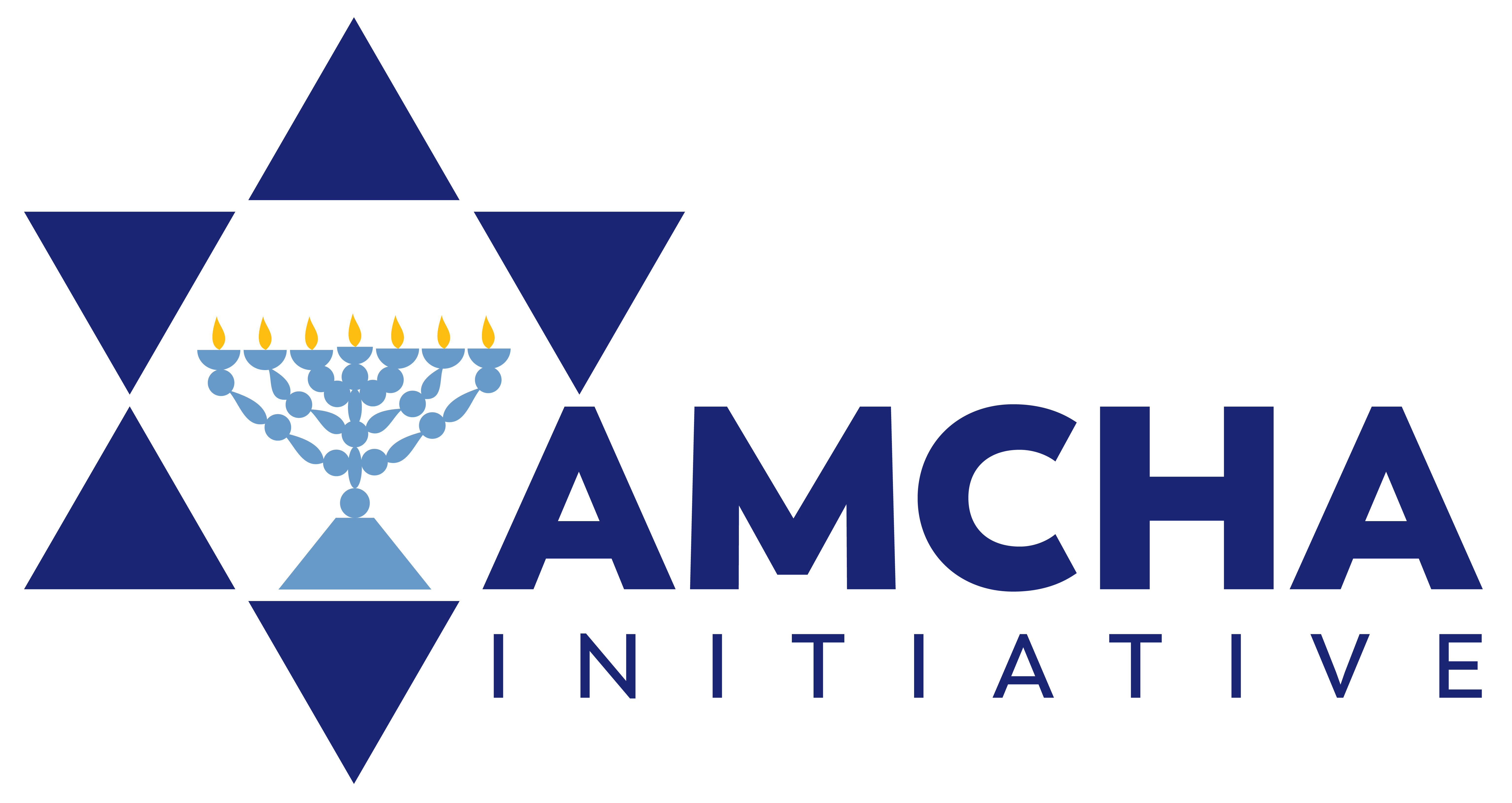More Than a Thousand Petitioners to USC: Fix Unfair Double Standard When It Comes to Anti-Zionist Harassment
Contact: Nicole Rosen
communications@AMCHAinitiative.org
Santa Cruz, CA, February 17, 2022 – Nearly 1,500 petitioners today demanded the University of Southern California (USC) fix the loophole that permits discrimination and harassment of pro-Israel students to continue to go unaddressed. Specifically, they want USC to expand its harassment policies to protect all students, not just some.
“[T]here is a strong sense among students, faculty and members of the Jewish community that had a USC graduate student’s social media messages threatening to kill Zionists and cursing Jews been directed, instead, against another minority, the University would have responded far more promptly and vigorously to such threatening verbal harassment,” wrote the 1,444 petitioners. “We believe that the source of this unacceptable double standard is USC’s Policy on Prohibited Discrimination, Harassment and Retaliation. Although it states at the outset that ‘all members of the university community should pursue their work, education and engagement in University programs and activities in a safe environment,’ the policy only guarantees a ‘safe environment, free from discrimination and harassment’ to some students and not all students.”
"My friend’s daughter had to leave USC because she couldn't deal with the harassment and threats because she was Jewish and supported Israel," shared one of the petitioners in the comments section.
"As an independent college consultant, I work with highly qualified students, many of whom are drawn to USC's programs, but repelled by the anti-Zionist sentiment that is so freely expressed on campus. They fear for their safety," wrote another.
"As a student who applied in the recent application cycle for Fall 2022, I fell in love with USC from my first visit to the campus and knew that I wanted to go there - but it would be greatly disappointing if a university as respected and admired as USC didn't stand for the protection of ALL students. I urge you to ensure that Jewish and Zionist students are treated fairly and equally," added another.
More petitioner testimonials can be found here.
The issue is coming to light after an uproar over the university’s failure to adequately respond to virulently antisemitic and threatening tweets from a USC graduate student, which included, “I want to kill every mother f—king Zionist,” “Zionists are going to f—king pay” and yel3an el yahood [curse the Jews],” which prompted USC to establish an Advisory Committee on Jewish Life, as well as commit to other measures to address years of mounting antisemitism and anti-Zionism. For example, in 2020, a pro-Israel Jewish student government vice president felt compelled to resign her position following a relentless social media campaign to oust her from office, which included such comments as “impeach her Zionist a—” and it “warms my heart to see all the Zionists from USC…getting relentlessly cyberbullied.” The petitioners would like USC to use this moment to amend USC harassment policies so they protect pro-Israel students and all students from harassment that puts their safety at risk, curtails their free speech and inhibits their participation in campus life.
The petitioners cite two main areas where USC’s harassment policies neglect pro-Israel students. First, students are only protected from harassment if they fall into certain protected identity groups, which Zionist students do not. And the second involves the unequal treatment of students when it comes to freedom of speech and academic freedom. While USC emphasizes its commitment to freedom of expression, when verbal harassment is directed at certain groups, it is no longer considered free speech and will be subject to punishment. Pro-Israel students, again, are not afforded such protection and are left vulnerable to the harmful impact of verbal harassment.
Tammi Rossman-Benjamin, AMCHA’s director, called this a “double whammy” for pro-Israel students, in a recent Jewish Journal article. “Not only are their harassers afforded free speech protection that is, in effect, license to continue verbally harassing them, but their own freedom of speech and academic freedom are diminished by the harassment.”
To address this gaping inequality, the petitions urged the Advisory Committee to expand the school’s harassment policy to apply the same stringent standard of protection from harassment prescribed by federal and state law to all USC students, not just those who fall in to a protected group. “Every student deserves equal protection from harassing behavior that threatens their safety, squashes their self-expression and prevents them from fully participating in campus life, irrespective of their identity or the motivation of their harasser,” noted the petitioners.
AMCHA monitors more than 450 college campuses across the U.S. for anti-Semitic activity. The organization has recorded more than 4,500 anti-Semitic incidents on college campuses since 2015. Its daily Anti-Semitism Tracker, organized by state and university, can be viewed here.
AMCHA Initiative is a non-partisan, non-profit organization dedicated to combating anti-Semitism at colleges and universities in the United States.
